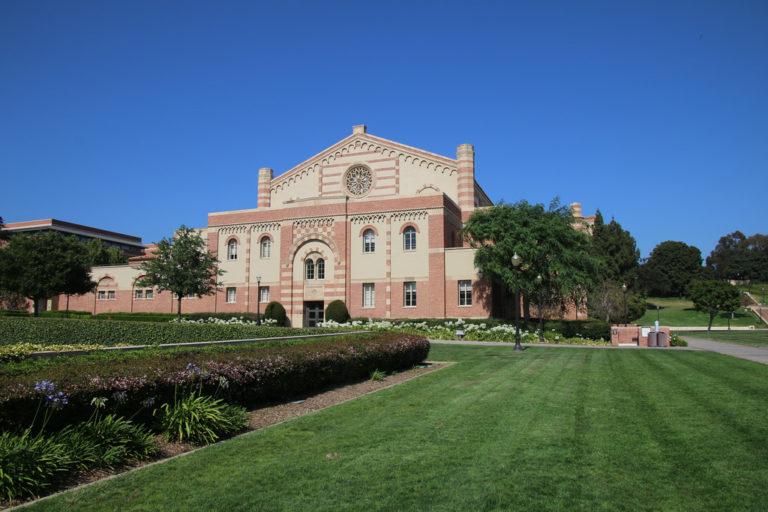Glorya Kaufman, a philanthropist with a keen interest in dance, has given significant financial resources in recent years to support dance at universities and theaters in Los Angeles. Kaufman’s dance patronage is enabled by a fortune amassed by her late husband. Along with Eli Broad, Donald Bruce Kaufman co-founded Kaufman & Broad in 1957, which became a major purveyor of housing subdivisions in the United States and abroad. In this article, I contextualize Kaufman’s philanthropy within the processes that generated her wealth and the economic role that suburbanization played in the post-war period. In distinction to celebratory narratives that extol patronage for dance, a Marxist analysis of Kaufman’s philanthropy reveals the material connections between concert dance and real estate development. By de-obscuring the source of Kaufman’s wealth, I show how dance funding is bound up in the history of white flight, urban redevelopment, and real estate schemes in Southern California. Practices of institutional critique might prove useful for rethinking Kaufman’s gifts and the political functions of dance patronage.
